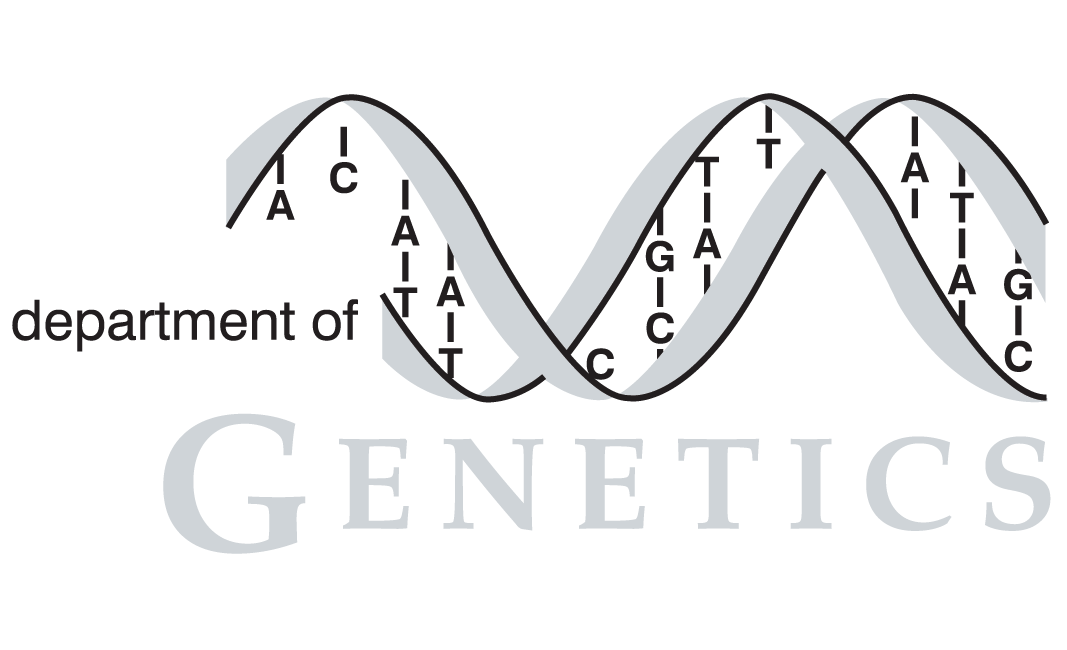| Citation | Farrugia G, Azzopardi M, Saliba C, Grech G, Gross AS, Pistolic J, Benes V, Vassallo N, Borg J, Madeo F, Eisenberg T, Balzan R. Aspirin impairs acetyl-coenzyme A metabolism in redox-compromised yeast cells. Scientific reports, 2019. |
| PubMed ID | 30992471 |
| Short Description | Aspirin impairs acetyl-coenzyme A metabolism in redox-compromised yeast cells. |
| # of Conditions | 12 |
Full Description

|
Aspirin is a widely used anti-inflammatory and antithrombotic drug also known in recent years for its promising chemopreventive antineoplastic properties, thought to be mediated in part by its ability to induce apoptotic cell death. However, the full range of mechanisms underlying aspirin's cancer-preventive properties is still elusive. In this study, we observed that aspirin impaired both the synthesis and transport of acetyl-coenzyme A (acetyl-CoA) into the mitochondria of manganese superoxide dismutase (MnSOD)-deficient Saccharomyces cerevisiae EG110 yeast cells, but not of the wild-type cells, grown aerobically in ethanol medium. This occurred at both the gene level, as indicated by microarray and qRT-PCR analyses, and at the protein level as indicated by enzyme assays. These results show that in redox-compromised MnSOD-deficient yeast cells, but not in wild-type cells, aspirin starves the mitochondria of acetyl-CoA and likely causes energy failure linked to mitochondrial damage, resulting in cell death. Since acetyl-CoA is one of the least-studied targets of aspirin in terms of the latter's propensity to prevent cancer, this work may provide further mechanistic insight into aspirin's chemopreventive behavior with respect to early stage cancer cells, which tend to have downregulated MnSOD and are also redox-compromised. |
Tags
 |
Contact: sgd-helpdesk@lists.stanford.edu


